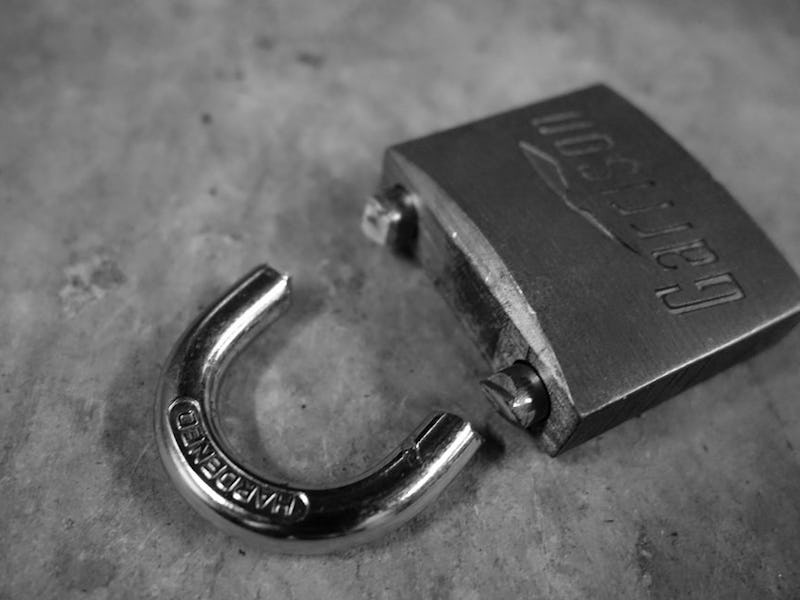After Equifax Hack, Should You Get Identify Theft Insurance?
Is it worth it?

The Equifax hack has left a lot of people — to say nothing of the 143 million that could have been affected — wondering how they can better protect their personal data, in the event it’s spilled onto the dark web or a massive Pastebin text file.
Those that who weren’t Equifaxed might look for an added precaution in case something like this happens again: identity theft insurance. Although it sounds like a good idea to insure yourself against personal risk, it’s unclear how effective insuring against identity theft is for consumers.
With massive data breaches basically happening on the reg now — the leak of 198 Million Voters’ Data from the GOP back in June, or the 500 million Yahoo users in 2016 — identity theft insurance has become a something of a cottage industry. Although many data disasters in the past haven’t made information like Social Security numbers and driver’s licenses vulnerable like the Equifax breach did, it’s still giving Americans enough anxiety to support several companies offering identity theft insurance.
But here’s the thing you need to know about identity theft insurance: it doesn’t really cover what’s been lost in the case of a stolen identity, but rather the expenses incurred to reclaim a financial identity. Attorney fees, postage costs, and lost wages if you have to take time off work to deal with everything could all be covered under identity theft insurance, but it’s not there to reimburse you for stolen money.
Liberty Mutual offers up to $15,000 per occurrence, with $30,000 per policy period for expenses like loan application fees, when reapplying for loans if you’ve been rejected following credit fraud. They’ll provide a year of credit monitoring from the date of first report to help prevent further losses; something Equifax is now offering for free to clients following the breach. But you have to already have homeowner’s, condo coverage or renter’s insurance with Liberty, at which point it will cost $35 more a year to tack on identity theft insurance. If you do decide to get identity theft insurance, check your other insurance policies first — it’s likely that it’s something you can tack on for a fee.
Equifax also offers credit monitoring and identity protection plans. For $30 a month there’s the Equifax Complete Family Plan, and for $20 there’s the Equifax Complete Premier Plan. On its website, both plans claim to offer up to $1 million in identity theft insurance. Details about how that would actually work out — or how your costs would ever reach $1 million — are vague; by time of writing, Equifax could not be reached for comment. We’ll update when we hear back.
Your chances of incurring a hefty tab from identity theft are actually reassuringly low, at least according to data collected in 2014 by the Department of Justice. They found that only 14 percent of identity theft victims experienced out-of-pocket losses of $1 or more. And about half of those suffered losses that were less than $100. Of those that experienced a financial loss, the average cost was $503.
According to the Federal Trade Commission, under the Fair Credit Billing Act, your liability for unauthorized use of your credit card can’t go higher than $50.
Still, peace of mind can come with its own price tag. Identity theft insurance is something that might be worth it if you like the idea of having a plan in place should you need assistance in recovering from fraud. Be aware of each plan’s deductible too; policies could require you to pay the first $100 to $500 before they kick in. The National Association of Insurance Commissioners also recommends that if the policy covers lost wages, verify if there are limits to it, and make sure your job is covered.
Otherwise, if you haven’t been affected by the Equifax hack, regularly checking on bank account and credit card statements and other monthly bills is a free way to try to look out for identity theft. If you think something has been compromised, make sure you immediately freeze your accounts.